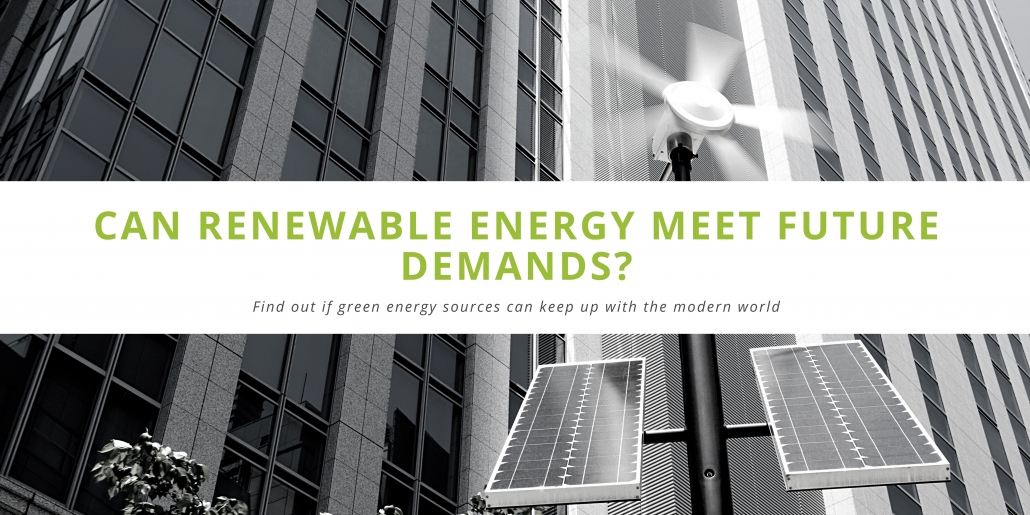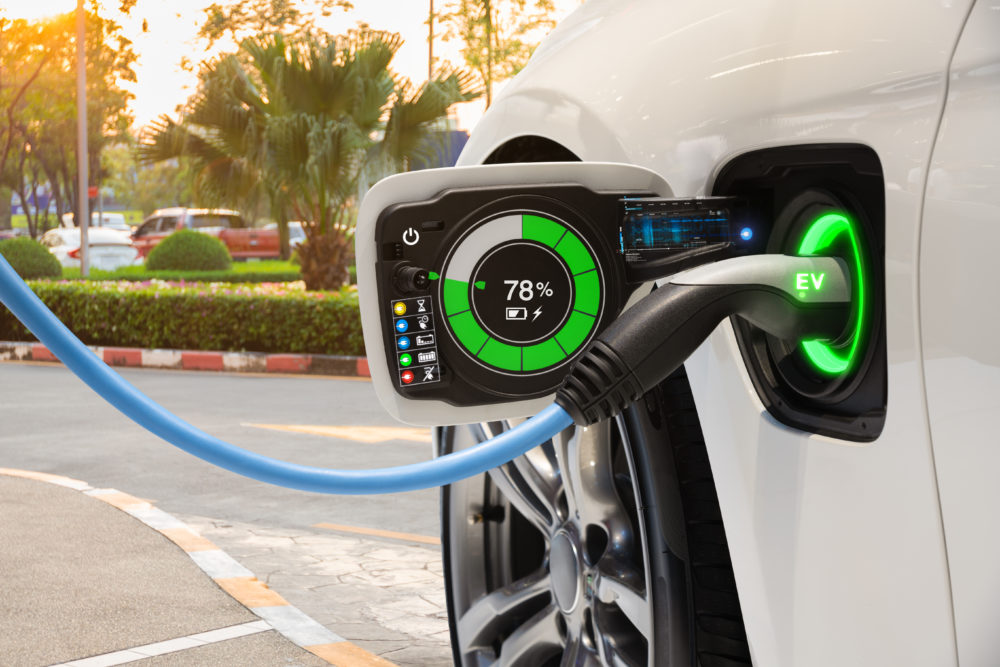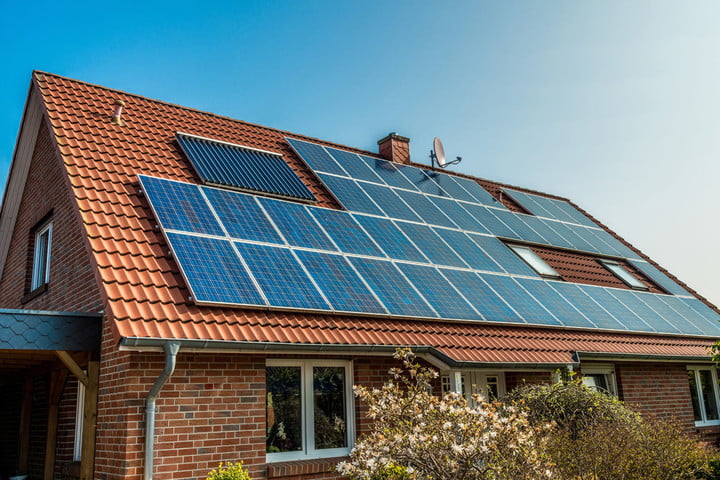
The future of renewable energy is fast becoming a reality for residences and businesses alike. However, our demands for energy are high, and green energy sources need to be able to keep up.
Read time: 5 minutes
Credit: SmallBusiness.co.uk
Heating
Cost
Air source heat pumps are the green alternative to traditional gas/combi/electric boilers (read more here). They convert outside air into central heating and hot water, even when outside temperatures are as low as –25°C. They save a lot on fuel bills, especially in comparison to electric boilers, as they can have efficiencies up to 400%.
Installation costs can range anywhere from £8,000-£18,000 but the UK Government offers a Green Homes Grant of up to £5,000 (£10,000 for low-income households) towards the cost and installation of heat pumps – this can also contribute towards improving home insulation to get the most out of your Air Source Heat Pump. The government also offers an annual Renewable Heat Incentive of £1,302 for a 2-3 bedroom house, so homeowners eventually earn money from their Air Source Heat Pump.
Sustainability
As previously mentioned, the Green Homes Grant is available to help with the initial high cost of installation and preparation of your home, but this is only available for the first 600,000 applicants, so you should apply ASAP.
Otherwise, Air Source Heat Pumps are completely sustainable as they use outside air as their heat source. Unless some cataclysmic ecological event happens, we have enough energy in the air to provide renewable heating for all households in the UK and around the world.
Credit: Climate Change Committee
Solar Panels
Cost
There are not as many grants available for solar panel funding as the overall cost of solar panels has decreased considerably over the past few years. This is, in part, due to the development of microinverters, which electrically isolate solar modules and therefore increase the efficiency and lower the running costs of solar power.
However, the Smart Export Guarantee (SEG) allows small-scale low-carbon electricity generators to receive payments for the surplus energy they export back to the grid. All licensed suppliers must offer an export tariff to customers and all homeowners with solar panel systems up to 5MW capacity are eligible.
Although solar panels have a high upfront cost, they can save you around £270 on electricity bills annually.
Sustainability
The physical production of solar panels is not the cleanest process. Making the panels requires caustic chemicals such as sodium hydroxide and the process uses water and electricity, which emits greenhouse gases as well as creating physical waste.
Recycling old solar panels is definitely a sustainable option but this presents a Catch-22 situation: there aren’t enough places to recycle old panels, and there currently isn’t a high-enough volume of defunct solar panels to make recycling them economically attractive.
In terms of producing power in a residential setting, solar panels typically have a lifespan of 25-30 years so recycling could be a more viable option in the future, and the panels last long enough for them to be worth the initial high cost.
Microinverters also provide the option for homeowners to initially invest in a few solar panels for low-electricity needs such as charging phones and laptops, with the potential for expansion. Solar panels can offer flexibility and are, overall, an effective green alternative to fossil fuel power sources.
Credit: Michael Hardy
Conclusion
In summary, the UK has high ambitions in its response to climate change, this is highlighted by Prime Minister Boris Johnson’s recent Ten-Point Plan. Whilst there are currently a couple of issues in terms of strain on the National Grid, high upfront costs, and the creation of physical waste, these problems will be offset as renewable sources of energy receive more investment and become more widespread. If the Government continues to develop green technologies, renewable energy should be able to meet future demands.



